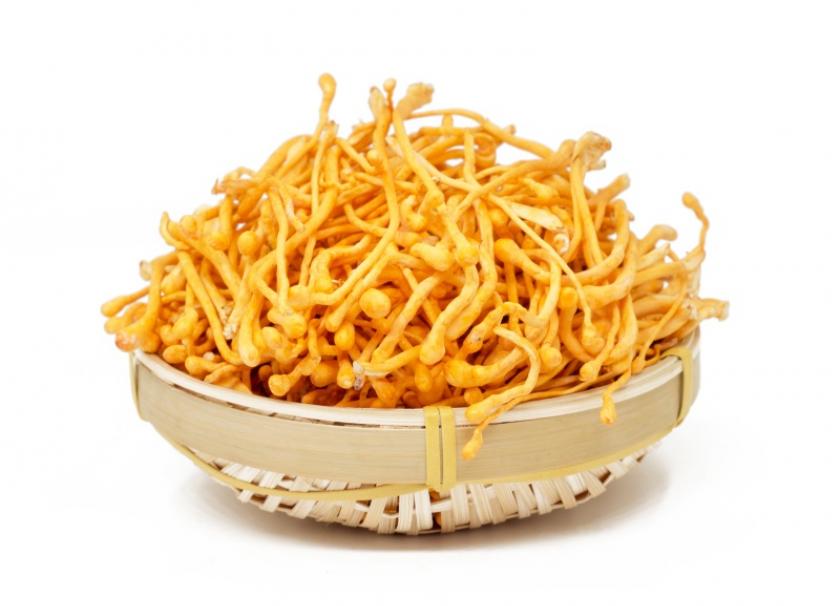
Mushrooms for wellness
You may have heard about the fascinating discovery that trees can communicate with each other. What’s the secret? The mycelia - tiny strands of fungus - in the soil form a vast underground network through which trees send chemical signals to their neighbors.
The mycelia differs from the fruiting body of the mushroom, which is the reproductive component that contains spores and is thought to be higher in Beta Glucans.
If fungus can do that for trees, what benefits can we as humans get from mushrooms? Mushroom teas and other fungal supplements have become more widespread and mostly used for boosting the immune system.*
Lucky for us in the Pacific Northwest, we have access to some of the best mushrooms in the country - in fact, many of the mushroom products we offer are wild-crafted right here in Oregon!
Below is a list of some of the most common medicinal mushrooms and the benefits they may offer to the individual.
As with all supplements, check with your doctor before you start using any medicinal mushroom products. Some mushrooms may have adverse interactions with other medicine, or come with unwanted side effects.
Reishi
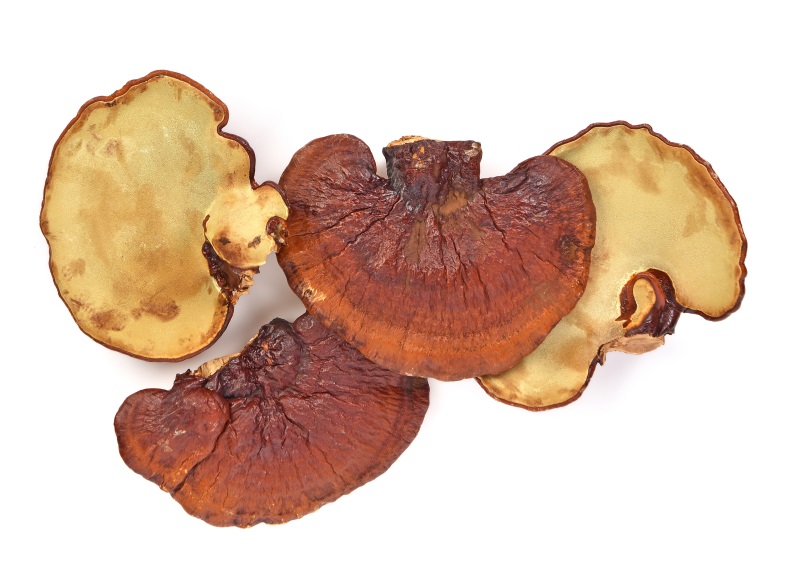
This mushroom has been revered for centuries in Asia. Historically it is a very rare mushroom to find in the wild - scientists estimate that out of every 10,000 trees where reishi could grow, you’ll only find three specimens. Thankfully, the mushroom can now be cultivated on a larger scale using organic substrates.
Generally, reishi is considered an immune system booster and provides overall wellness support*, promoting cardiovascular system health* and the body's ability to adapt to stress*.
Raw or dried reishi can be boiled into a tea. Most reishi supplements come in a tea, tincture or powder (encapsulated or loose) form.
Chaga
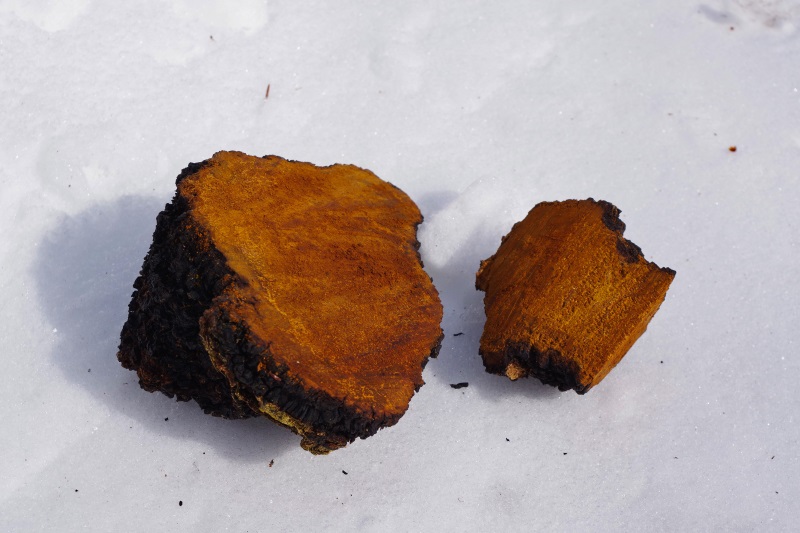
Chaga may not be the most beautiful mushroom on this list, but it has one of the oldest histories. Chaga is mostly found growing on birch trees (which is why it has such a long history in Russia), though it grows on other types of trees, as a big ‘conk’ growth on the outside of the tree. Commercial cultivation of chaga has been successful; however there have been chemical differences observed between wild and cultivated varieties.
Generally, chaga is known to be filled with antioxidants and is an overall immune system booster*.
Chaga is powdered and taken as a tea (the taste is often compared to an earthy coffee), or consumed in a capsule or tincture form.
Cordyceps
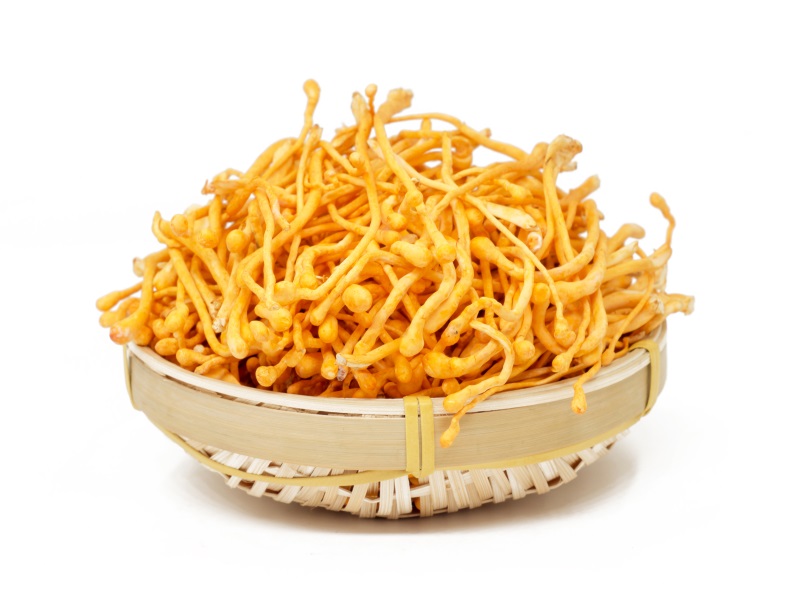
This is the most ‘sci-fi’ of all the mushrooms: several of the 400+ species are actually parasitic. Some modern cordyceps cultivation is a vegan process without needing any living hosts. Cordyceps (Cordyceps militaris) has been traditionally used in Asia for strenuous, high altitude activities and as an immune tonic.* Physical fitness enthusiasts and professional athletes have discovered that cordyceps may have the effect of increased oxygen uptake, supporting higher endurance levels.* People have also found that cordyceps supports healthy libido* and kidney function*.
Cordyceps is consumed traditionally as a raw, dried supplement to soups or stews. In powdered form it is taken as a tea, or in capsules or tincture form.
Lion’s Mane
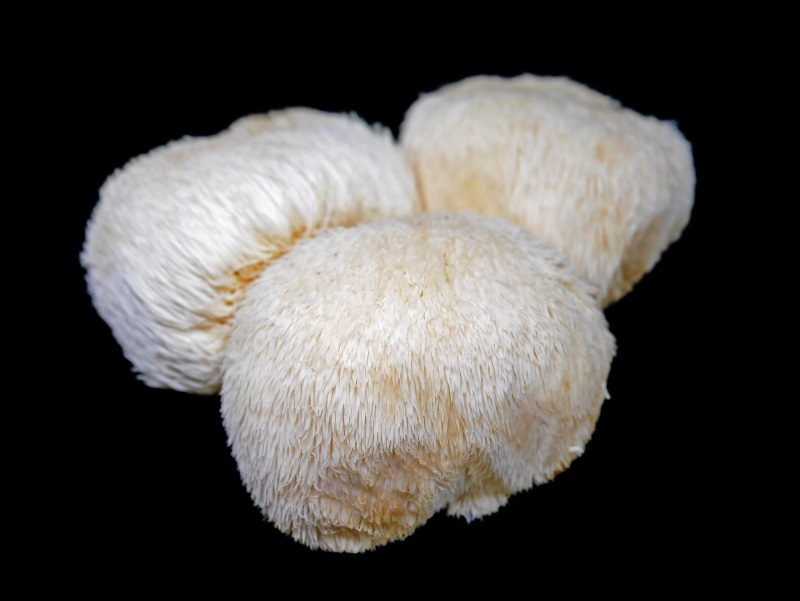
This is one of the most unique looking mushrooms: long tendrils hang from the main fruiting body, creating hundreds of mushroom 'icicles.' This bushy appearance gives the mushroom its common name.
Lion’s mane has been found to be helpful in the following ways: mental clarity, focus and memory in aiding overall cognitive function*; provides immune and nervous system support.*
Lion’s mane is most often consumed as a powder in tea or capsule form, or in a concentrated, standardized extract.
Turkey Tail
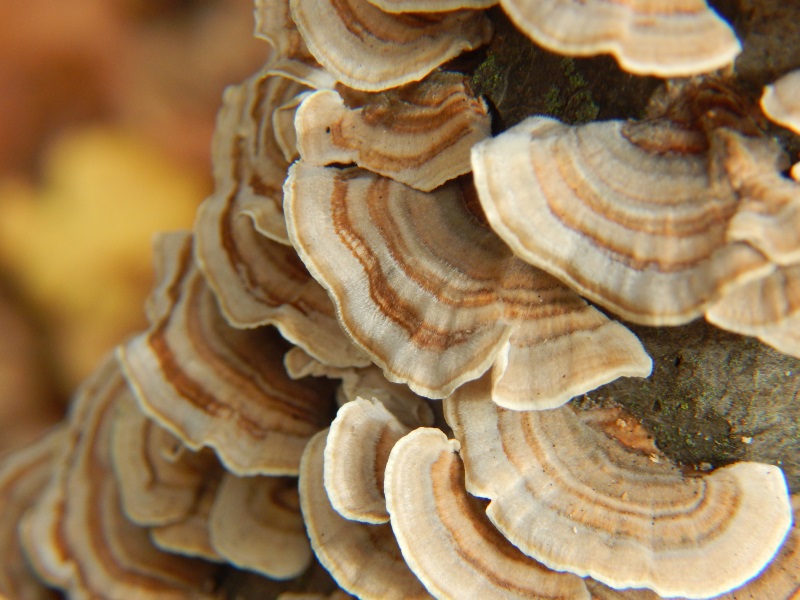
This pretty mushroom is named after the resemblance of the fruiting body to a wild turkey’s tail. Research shows this mushroom has been used medicinally since around 1368 by the Ming Dynasty.
Turkey Tail is an excellent source of cellular nutrients*, providing immune system support.*
Turkey tail is edible but quite chewy; most often it is consumed as a tea, or powdered capsule form.
Other beneficial mushrooms worth exploring:
Maitake
Enokitake
Shiitake
*These statements have not been evaluated by the Food and Drug Administration. This product is not intended to diagnose, treat, cure or prevent any disease.
More Co-op News

Meet our February Change for Good Recipients
This month at AFC we're doing things a bit different! For the entire month of February round up your total at checkout and donate to TWO amazing organizations: Rogue Community Cat Rescue and Rogue Valley Street Dogs.
Rogue Community Cat Rescue is a nonprofit based in Medford, Oregon that aims to advocate for and improve the lives of community cats and kittens through Trap-Neuter-Return (TNR), rescue, foster care, adoption, and education. Recently, RCCR has been able to shift into larger-scale projects including, but not limited to:
The Co-op Community Classroom - Learn from local educators!
Located at 300 N Pioneer St, just behind the Co-op, sits our lovely community classroom. Here, we host delicious cooking classes, free lectures, sustainability classes, health and wellness events, cookie parties, community dinners, board meetings, and more! Owners get discounts!
You can find all events happening in the classroom at ashlandfood.coop/events, or look around the store as you shop for information teasing our upcoming classes.
If you are interested in TEACHING a free or paid class, you can contact education@ashlandfood.coop for more information.

Meet our January Change for Good Recipient
"Moving people from crisis to stability," Opportunities for Housing Resources and Assistance or OHRA is a non profit organization whose mission is to help low-income people build better lives. This is done by offering both hope and access to various social services,
"We encourage those in need on the path to self-sufficiency."
December Change for Good: Jackson County Fuel Committee
If you’ve lived through even one Rogue Valley winter, you know the cold settles in quickly. The frosty mornings, the long dark evenings, the kind of chill that lingers no matter how many layers you put on - winter can be tough. And while many of us can manage with the help of heaters, woodstoves, and warm homes, thousands of families in our community struggle to access the heat they need to stay safe and comfortable. That’s where the Jackson County Fuel Committee (JCFC) comes in!


November Change for Good Recipient
Meet our November Change for Good Recipient: The Siletz Health Clinic
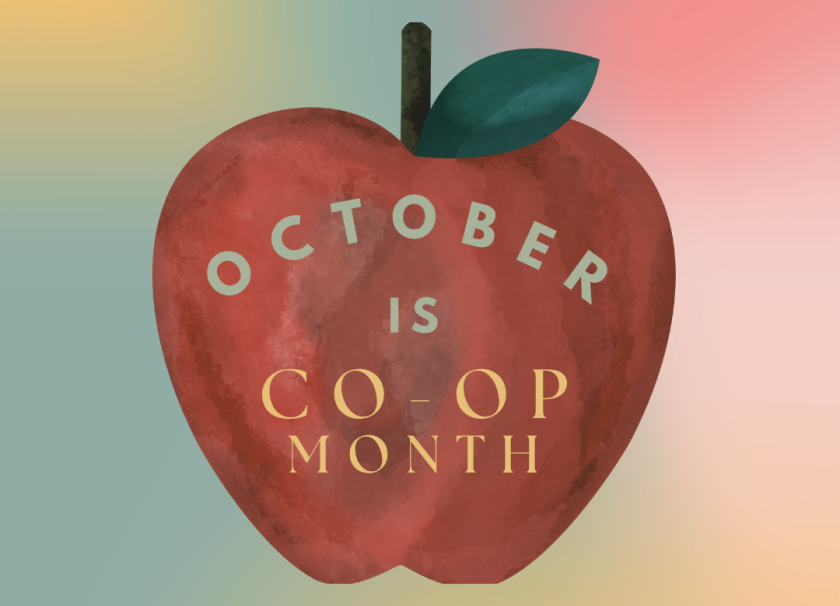
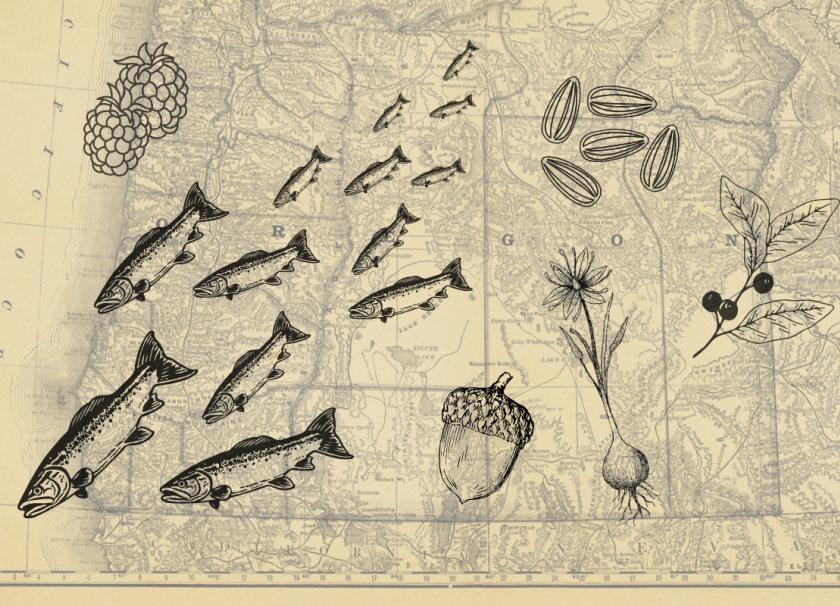
Celebrating Indigenous Food and Traditions
Each October, when so many across the country celebrate Indigenous Peoples' Day, the Ashland Food Co-op pauses to reflect on the land we call home, the people who've cared for it, and how food and connections to the land can help us return that inheritance in a positive way.

September Change for Good: Siskiyou Field Institute
This month, your Change for Good donations support Siskiyou Field Institute (SFI), an organization that helps people connect with one of the most biodiverse regions in North America: the Klamath-Siskiyou ecoregion.

Meet our August Change for Good Partner - Ashland Schools Foundation
August's Change for Good partner is a perfect fit for this month as our kids head back to school. Ashland Schools Foundation (ASF) is a nonprofit dedicated to supporting quality education in Ashland's public schools. You may have run in the Monster Dash or noticed the "Perk Up for Students" sign at our local coffeeshops - these are just some of the (fun and delicious) ways you are already supporting ASF.

Welcome to the Board!
We are happy to welcome two new Directors, Evan Archerd and Elizabeth Walsh, to the Board! And we're thrilled to have Joanna Wnorowski Pecoraro continuing to serve!
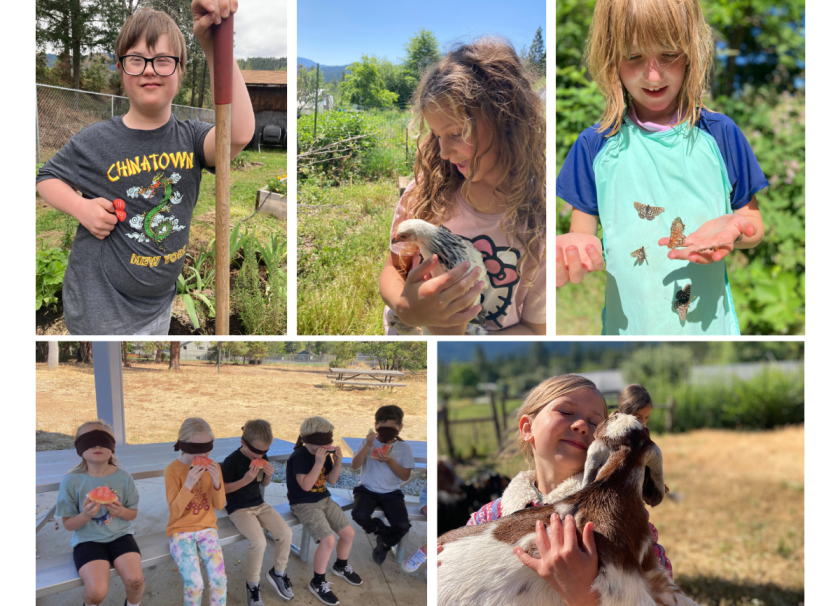
July Change for Good Partner: White Oak Farm
This month, we’re proud to support White Oak Farm, an inspiring organization that blends sustainable farming, environmental education, and community nourishment—right here in Southern Oregon.

Bee the Change: Supporting Pollinators, Art, and Education with Bee Girl
Here at Ashland Food Co-op, we’re buzzing with excitement about our July Change for Good partner: Bee Girl / Bee Regenerative! This local nonprofit is doing some bee-autiful work to protect pollinators, restore habitats, and teach the next generation how to care for the tiny creatures that keep our food systems thriving.
Bee Girl + Bee Regenerative: More Than Just a Name
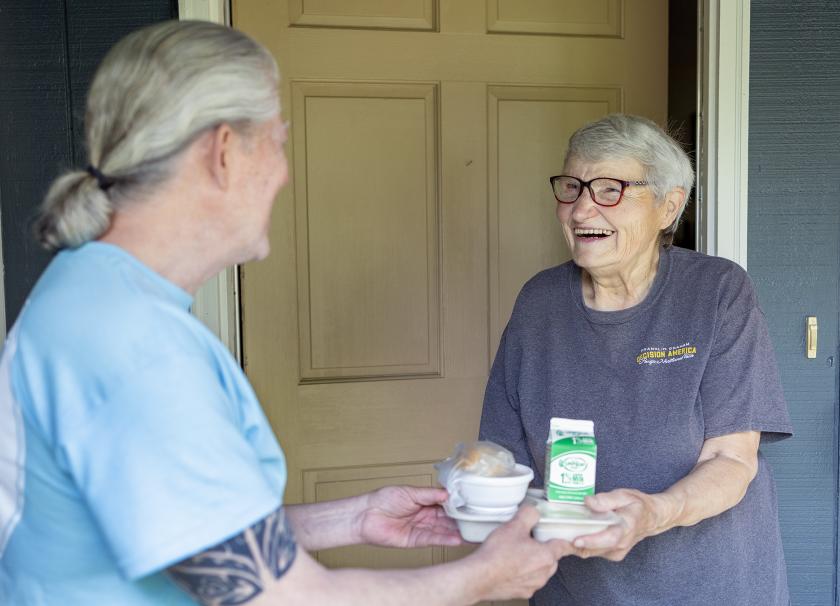
May Change for Good: Food & Friends
Each May, Ashland Food Co-op highlights a local nonprofit doing vital work in our community—and this month, we're proud to feature Food & Friends, the only Meals on Wheels program serving Jackson and Josephine Counties.
